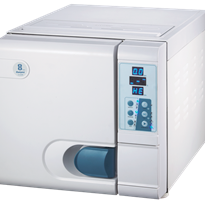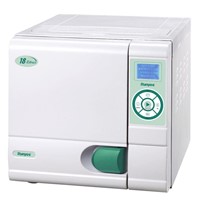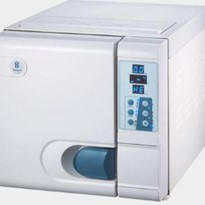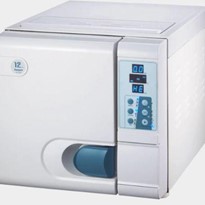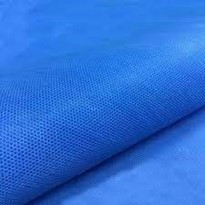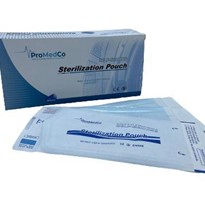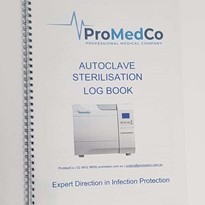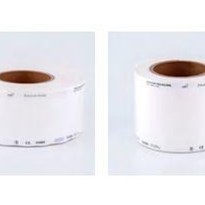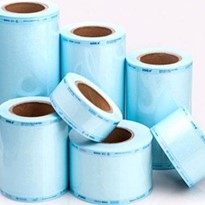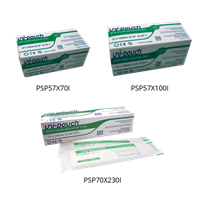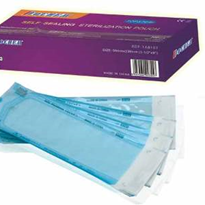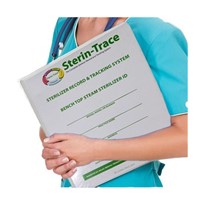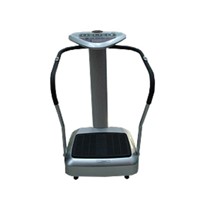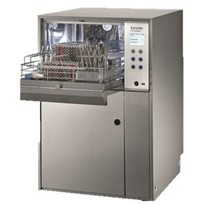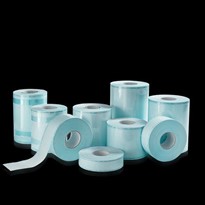Reputable tattoo studios are most likely those that are compliant with the safety standards in this industry.
Before getting a tattoo, it is important to ask the following questions regarding a tattoo studio:
- Is the tattoo studio clean, including rooms such as the bathroom?
- What are the sterilisation procedures applied in the tattoo studio?
- Is an autoclave used for sterilising reusable equipment?
- How do they handle equipment that cannot be sterilised?
- Do they use sterile needles for piercing?
- Are piercing guns used for piercing procedures?
Autoclaves and Piercing Equipment
Not all equipment used in tattoo and piercing studios can be sterilised using an autoclave.
Some of these, such as piercing guns, are made of plastic, which would melt when placed in an autoclave.
Most of the parlours that still use the old metal piercing guns don’t sterilise them properly and may, therefore, be unfit for piercing.
Equipment made of metals, glass, and some acrylic can be sterilised using autoclaves.
Some of the acrylics that can be autoclaved include Bioplast, PMMA, PTFE, and Bioflex.
Sterilisation Alternatives to Autoclaving
Autoclaving is by far the best form of sterilisation in the tattoo and piercing industry.
Flame sterilisation for needles and other piercing tools is one of the most unacceptable sterilisation methods as it can easily lead to contamination.
What’s more, this method damages the structural integrity of such equipment.
Boiling water is not recommended as a means of sterilisation as well. This is because it is not effective at killing some bacteria, even at 100oC.
Other methods, such as rubbing alcohol, are effective at disinfecting piercing equipment but may not kill microbes that cause diseases such as Hepatitis.
Sterilisation using chemicals such as ethylene oxide gas, formaldehyde, glutaraldehyde is yet another option.
Some of the practitioners in this industry also use ionising and ultraviolet radiation for sterilising equipment, but ultraviolet doesn’t guarantee effective results compared to autoclaving.
What benefits does sterilisation and autoclaving provide to players in the tattoo and piercing industry? Here are some of them:
- Prevent infections on individuals getting tattoos and piercings
- Prevention of potentially terminal diseases
- Longer lifespan of equipment
Prevent Infections when Tattooing and Piercing
Tattooing involves making incisions and inking the skin.
Whenever this process is done using non-sterile equipment, there might be a risk of infection as bacteria and viruses may be introduced to the wound.
Microorganisms such as impetigo and viral warts may cause serious infections that may be detrimental to an individual’s health.
As such, using sterilised equipment ensures that the tattoo and piercing wounds are free from any bacteria and viruses that may bring about infection.
Prevention of Potentially Terminal Illnesses
Infectious diseases such as AIDS and Hepatitis C are some of the worst infections that could occur during tattooing or piercing.
Such illnesses are terminal, as they affect the immune system and body parts such as the liver, which could lead to death in the long run.
As such, such infections should be avoided at all costs, which means autoclaving all equipment used for tattooing and piercing.
Longer Lifespan of Reusable Equipment
Some tattoo artists use reusable tattoo tubes and microblading handles.
While some professionals recommend using disposable tattooing equipment, reusable ones can actually last longer when cleaned and sterilised in the right way.
The cost of buying new sets of equipment is therefore cut whenever an autoclave is used for the sterilisation of reusable equipment.
In the tattoo and body piercing industry, there is an ever-growing need to use safe and sterile equipment for piercing and tattooing.
While sterile, single-use disposable needles are recommended for these practices, other re-useable equipment need to be autoclaved between tattooing and piercing sessions to prevent serious infections.
Autoclaving such equipment helps keep them in good condition and also helps prevent diseases such as Hepatitis C and even AIDS.
If you are searching for the best autoclave supplier in Australia, then look no further than Medical Equipment Services Australia.


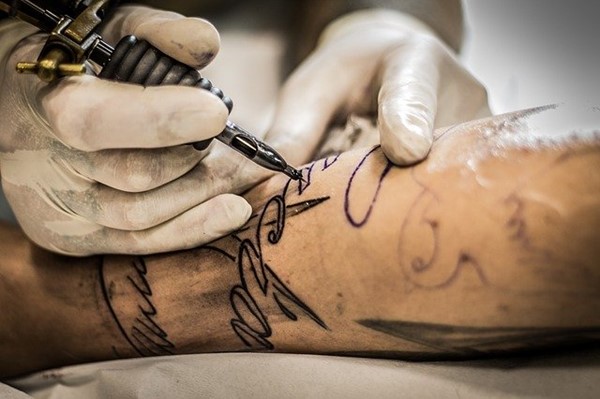










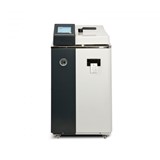





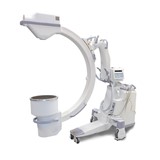
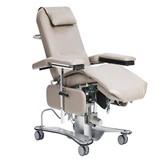


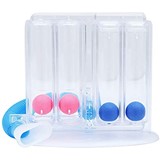

-205x205.jpg)

